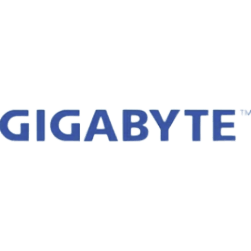
What's the best choice Gainward GeForce GTX 1080 Ti Phoenix or Sapphire Radeon RX 6800? Which graphics card is faster?
We have prepared a comparison to help you choose the best graphics card. Compare their specifications and benchmarks.
Gainward GeForce GTX 1080 Ti Phoenix has a maximum frequency of 1.480 GHz. Memory size 11 GB. Memory type GDDR5X. Released in Q1/2017.
Sapphire Radeon RX 6800 has a maximum frequency of 1.800 GHz+ 6 %. Memory size 16 GB. Memory type GDDR6. Released in Q4/2020.
 Reasons to consider
Reasons to consider Place in the overall ranking
(based on several benchmarks)
Common positions Gainward GeForce GTX 1080 Ti Phoenix GPU in popular benchmarks, for comparison with other models.
 Reasons to consider
Reasons to consider Place in the overall ranking
(based on several benchmarks)
Higher clock speed
Around 18% better clock speed
More memory
31% more memory
Common positions Sapphire Radeon RX 6800 GPU in popular benchmarks, for comparison with other models.
 Gainward GeForce GTX 1080 Ti Phoenix
Gainward GeForce GTX 1080 Ti Phoenix

Comparison of basic technical data of graphics cards Gainward GeForce GTX 1080 Ti Phoenix and Sapphire Radeon RX 6800, chip, information processing units.
Comparison of the amount of memory on board graphics cards. The more the better.
Let's compare the memory frequency of graphics cards Gainward GeForce GTX 1080 Ti Phoenix and Sapphire Radeon RX 6800. The higher the better.
Connectors, the number of thermal watts emitted in normal mode and at overclocking.
Types and sizes of coolers for graphics card cooling system Gainward GeForce GTX 1080 Ti Phoenix and Sapphire Radeon RX 6800.
Connectivity and connections.
Technical data that is used to its full potential in computer games.
Built-in support for video and image compression standards.
The difference in size, weight and slot of the compared devices
Comparison of interfaces and release dates for GPU Sapphire Radeon RX 6800 and Gainward GeForce GTX 1080 Ti Phoenix.
Based on the results of several popular benchmarks, you can more accurately estimate the performance difference between Gainward GeForce GTX 1080 Ti Phoenix and Sapphire Radeon RX 6800.
Compare synthetic benchmarks and choose the best graphics card for you!











